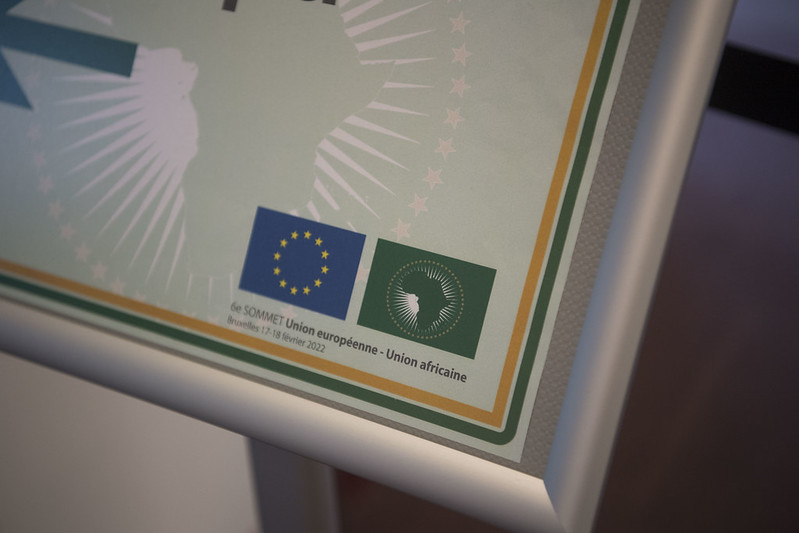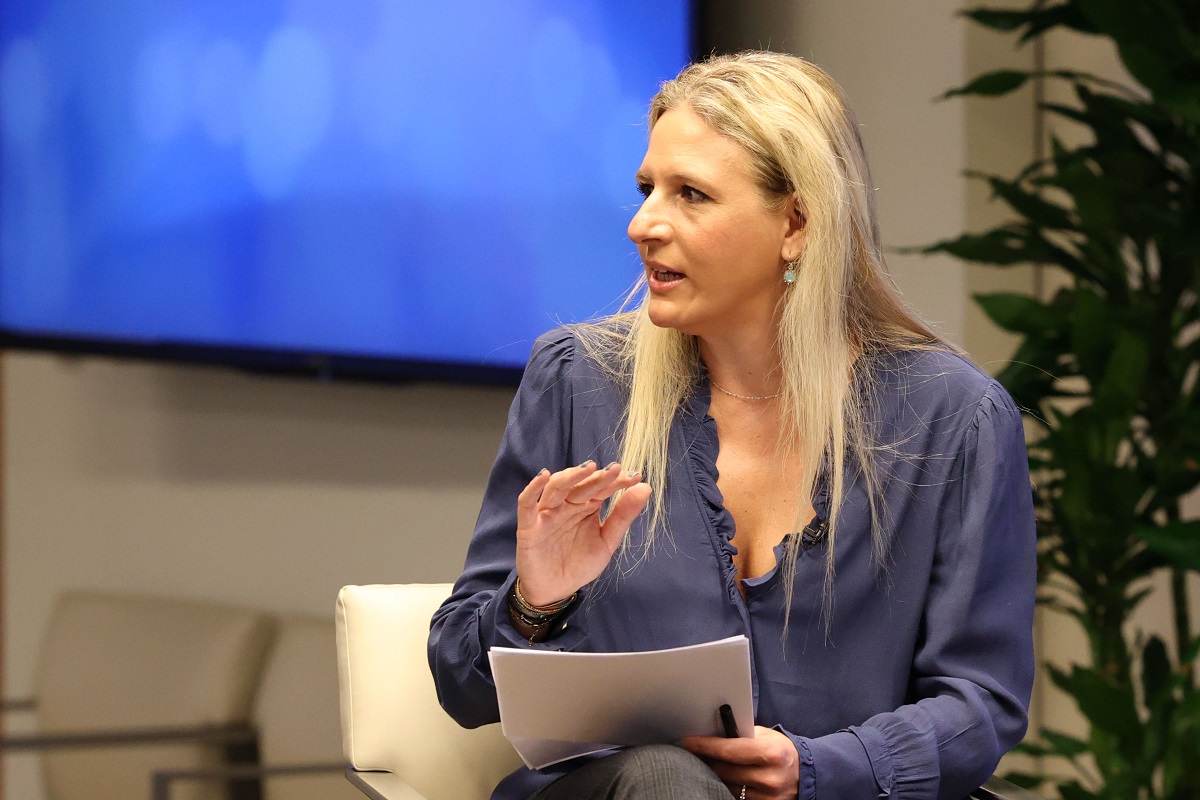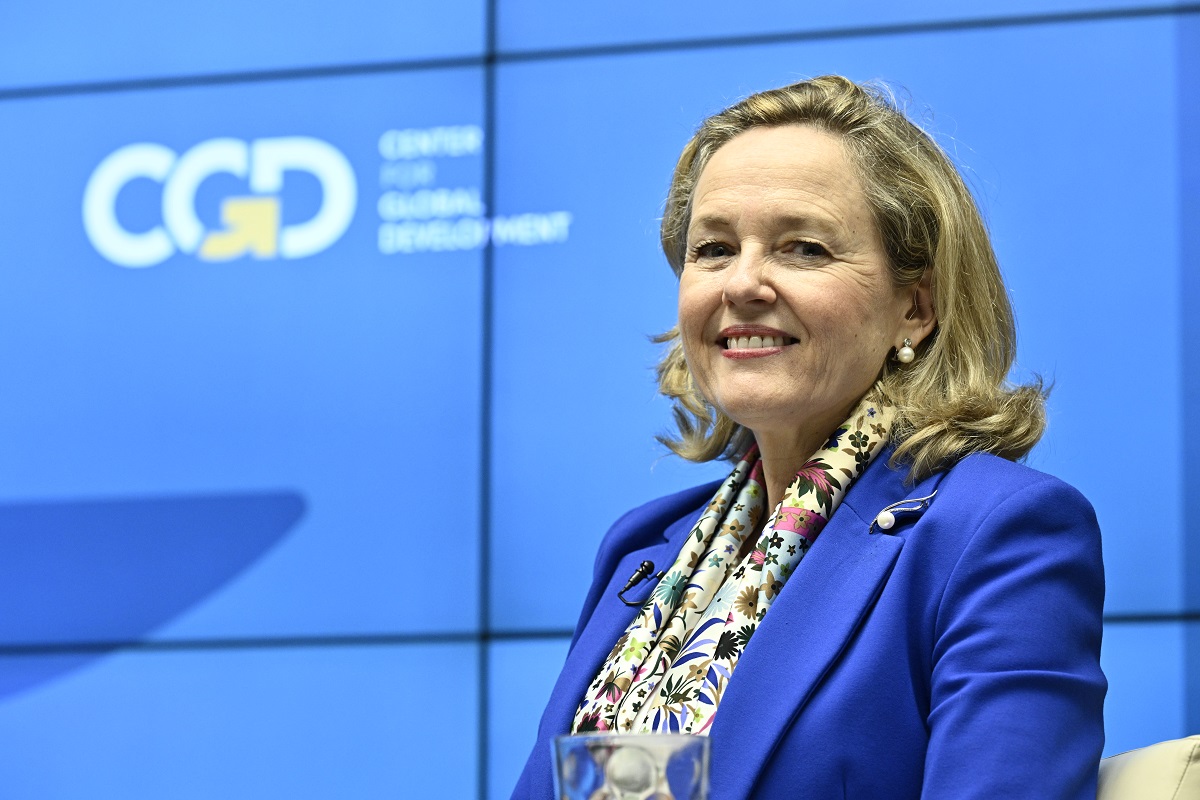This blog is part of a series by CGD ahead of the EU-Africa Summit which will begin on 17th February 2022. This series presents proposals for priorities, and commentary on whether a meaningful reconstruction of the relationship between the two continents is likely.
After it’s cancellation in 2020, the European Union (EU)-African Union (AU) Summit is finally scheduled to begin on February 17th, 2022. But much has changed in the last two years. The COVID-19 pandemic still lingers and there is a staggering need for a sustainable post-pandemic recovery plan in Africa. This recovery is hindered by increased security issues and political instability in some regions, coupled with the urgent need to tackle climate change on a continent that will be home to 2.5 billion people by 2050. Against this backdrop, the Summit is an opportunity to reset the EU’s relationship with Africa as a true partnership of equals.
Moving beyond aid and development cooperation
Africa’s future requires bold and ambitious cooperation with its partners. Europe and Africa have had a long-standing relationship, but historically, it has been an unbalanced partnership, not an equal one. This relationship, centered on development and aid through successive European Development Funds (EDF), was created in a post-colonial context and has not always resulted in meaningful impact. It has proven to be too limited and short-sighted, and it hasn’t allowed countries to tap into the depth and breadth of the European knowledge, experience, and expertise.
In practical terms, these agreements have meant that most countries in Africa interact with the European Commission only on issues related to aid, fundamental rights, and development—not on other important issues like research and innovation. This relationship is a paradox in a time where global challenges and increased interconnectedness call for creative and state-of-the-art solutions in difficult developmental contexts.
For example, Guinea has benefitted from much-needed EDF resources for its road infrastructure (like the Kankan-Kouremale-Bamako road project), but due to the structure of the EDF framework it missed the opportunity of benefitting from other types of cooperation like research and innovation and EU regional and urban development, which could have helped it leapfrog. As an EU official working in Guinea, I found the EU’s aid-focused approach restrictive and lacking ambition for a country that needs more creativity and good practice to meet its economic challenges. In the area of technical assistance, for instance, countries like Guinea have complex problems that require top-tier talent but struggle to attract the best experts on their own. But it doesn’t have to be this way. Unlike Guinea, South Africa has enjoyed a far-reaching cooperation with the EU covering research, innovation, and trade, receiving support from experts of highest caliber.
The new EU-AU strategy seems to be moving in the right direction, with a focus beyond development cooperation and an emphasis on creating an equal partnership. But this needs to be put in practice based on the needs of countries, with streamlined processes as well as enhanced coordination between the different EU cooperation instruments.
Agenda-setting and frank assessment
The power dynamics between Europe and Africa, including the post-colonial legacy, have often disadvantaged the AU in setting the agenda in its partnership with the EU and made it difficult to provide a frank and opened assessment of the EU’s strategies and policies.
It is important for African countries and the AU to equally participate in setting the terms of engagement and agendas for high-level discussions to ensure that their concerns and interests are being addressed. Often, partnerships between Africa and the rest of the world are dominated by the other player. For example, the agenda for the Forum on China-Africa Cooperation (FOCAC) is largely determined by Chinese interests, and African diplomats have expressed frustration over what they perceive as China being too assertive in priority-setting. The AU should be an equal partner in setting the agenda at high level fora and in drafting partnership strategies by incorporating their own priority areas such as financing, debt, climate change, and regional economic integration.
Additionally, equal partnership should be one in which either party can bring up frank, objective assessments and criticisms to strengthen it. The AU and individual African countries should be able to discuss their concerns about the EU’s strategy and policies and their effect on African countries. And the EU should be open to listening to, valuing, and incorporating that feedback, as it will serve to make the partnership more productive and effective.
Tapping into experience, knowledge, and skills
The EU has experience, knowledge, and skills that the AU and individual African countries could benefit from, but tapping into their experience will require going beyond aid and focusing on research, innovation, or trade. For example, given its own experience with the single market, the EU has a wealth of knowledge to share about regional and economic integration that could be useful to the AU. About 67 percent of European trade is intraregional, for instance, compared to only 15 percent in Africa. The COVID-19 pandemic has again exposed economic vulnerabilities across Africa that may have been easier to handle if the continent were more integrated, like supply chain challenges. Working with the EU to learn from its experience with regional integration would be an opportunity for the AU to catalyze major economic gains as it implements the African Continental Free Trade Agreement.
Bilateral vs. multilateral cooperation
An equal partnership with the EU should also mean enhanced agency for Africa as a continent and better coordination capacity at various levels. Africa could tap into the EU experience with the principle of subsidiarity (the concept that decisions are retained by Member States if intervention by the European Union is unnecessary, or that decisions should be “Europe where necessary, national when possible”) to foster better AU-EU cooperation. Building on this principle at the AU would allow for better coordinated, comprehensive, and multi-layered cooperation. EU and AU countries could cooperate at the bilateral level (e.g., Guinea and France) while continuing to cooperate at the multilateral level. For Africa to raise its voice on the global stage, African countries should decide which areas to leave to the AU and which ones to keep at country level, based on where the outcomes would be maximized for the benefit of its populations. While the AU could draw on the EU experience, the decisions around the level of cooperation should be determined by African countries themselves, not set out by the EU.
As African countries develop partnerships with actors like China and Turkey, if the EU wants to stay relevant on the continent, the EU needs to do more than provide aid and development cooperation on its own terms. A true partnership of equals would also mean a relationship where the AU increases its agency in agenda setting, provides fair assessments on strategy and policy, learns from EU experience, and engages on various areas of cooperation at both the bilateral and multilateral levels. This type of partnership will be a way for Africa to come into its own as a major player on the international scene. Africa’s voice and presence matters to the world and the tremendous challenges it faces in terms of climate change and a rapidly growing population matter for global growth and sustainability as well as peace and security. The AU should use its special and long-standing relationship with the EU as leverage for its presence as an equal player on the global stage and in key multilateral institutions such as the UN Security Council and the International Monetary Fund.
Disclaimer
CGD blog posts reflect the views of the authors, drawing on prior research and experience in their areas of expertise. CGD is a nonpartisan, independent organization and does not take institutional positions.







